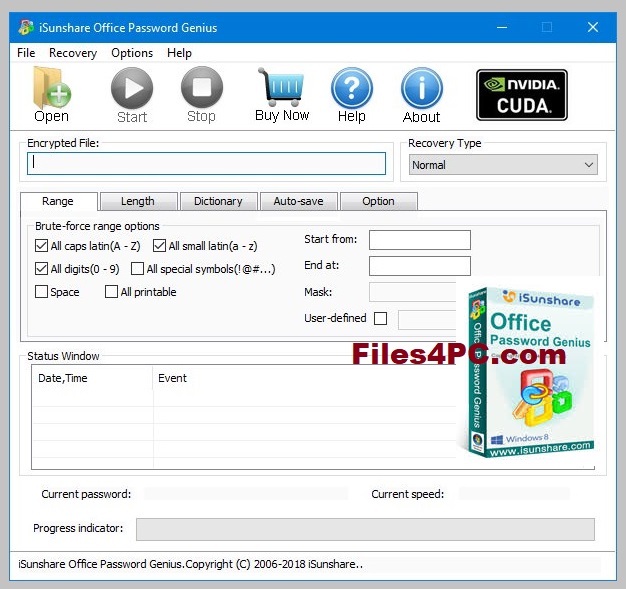

This profile most likely contains all of the information entered by the user and can also serve as a home for any other data that a corporation chooses to associate with that profile (type of device, for example).Īllowing a user to create an account and log in gives them security and control over their information. This shows that your product's users are distinct.įor users This typically implies that individuals can access their own profile and information, edit it, and keep track of what identifiers are associated with their account (profile picture, username, etc.)įor companies This means that user data can be linked to a certain profile. This indicates that only a limited number of users have access to your product, but it does not have to suggest that your product is 'exclusive.' While anyone can sign up for a gaming app, only paying customers can access analytics tools. The essential concepts of login remain the same whether you use a simple username and password or a complicated multi-factor setup: Rather, it's an overview of why you should demand users to create accounts, why login is mutually beneficial, and the few exceptions. This is not an exhaustive list of the reasons why you should need users to log in. As you create and grow your firm, you should carefully consider improving your product.

The power that login has to impact everything from security to enterprise concerns to customer support. Signing up for signups appears to be more trouble than not asking them to sign up at all.Īs signup and login experts, we've thought of - and met - use case after use case, and we've discovered that requiring users to log in almost always benefits both the business and the user. In some cases, concerns about maintaining safe logins need asking. Some are concerned about the friction it will cause or whether it is required for their product.

However, asking users to sign up for your product isn't always a simple decision. We talk about checking in as though it's a given that everyone will do it.


 0 kommentar(er)
0 kommentar(er)
